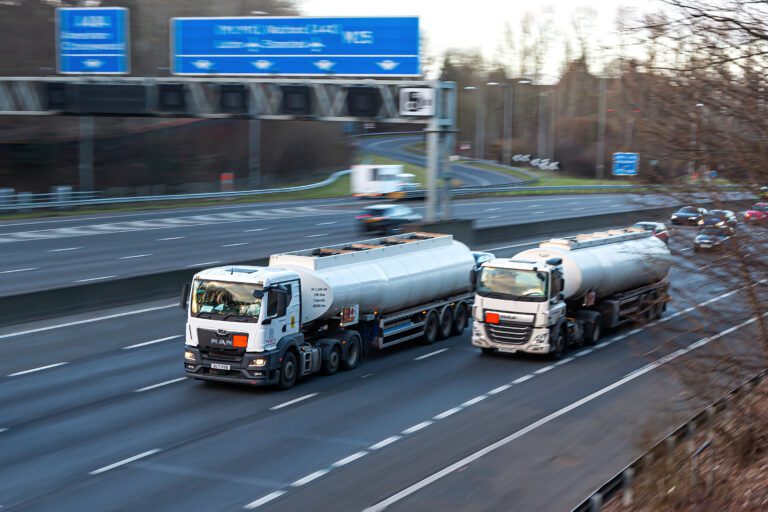
Decarbonisation ambitions are accelerating but public finances are under strain. As a result fuel duty is one of the more sensitive levers available to government. Any shift in policy needs to reflect not only the immediate fiscal return, but also the broader supply-chain implications and the investment climate for cleaner fuels and technologies.
Any reversal of the current duty cut would come at a time when logistics operators are contending with fragile margins and volatile energy costs. With increasing pressure to invest in cleaner technologies and the sector’s role in economic recovery still finely balanced, industry groups are urging the government to consider the full consequences that changes to fuel duty could have on both inflation and the UK’s longer-term transition to a lower-carbon transport system.
Inflationary impact
“Logistics businesses rely on diesel to power the delivery of all the goods the economy relies on, every day,” says Kevin Green, Logistics UK’s Acting Chief Executive. “Fuel is an unavoidable cost that our industry must account for when undertaking business, but reversing the current 5p per litre cut would add at least an extra £480 million a year to our fuel bills. At a time when logistics businesses are already battling rising costs and operating on extremely narrow margins (sometimes as low as 1%), this is a charge which, regrettably, would have to be passed on to customers – and ultimately consumers – and would have an inflationary impact on the whole economy.
“Logistics businesses already pay around £6.3 billion a year in fuel duty, and we are urging the Chancellor to avoid increasing the tax burden on our sector at a time when we are starting to drive the green shoots of recovery in the economy. Any increase in the amount of tax our members pay would have to be passed on to customers in higher prices right across the board, halting any upturn in economic activity in its tracks.”
Mr Green asserts that logistics businesses underpin every aspect of the UK economy, suggesting that the Budget must “protect the sector’s activities if it is to fulfil its potential to aid the country’s economic recovery and drive growth”.
“As a sector, logistics is critical in ensuring the smooth operation of the whole economy, delivering all that the country needs, every day – nothing moves without it. Currently, our members do not have the financial security they need to invest effectively in new technologies and staff training that will future proof the industry as we move towards a decarbonised future. Increasing the tax burden on our sector at this time would be counterproductive and we are urging Rachel Reeves to ensure the current cut it fuel duty continues at the November Budget.”
All eyes now turn to the Budget, where the balance between revenue, resilience and decarbonisation will be put to the test.
Image is from Dreamstime